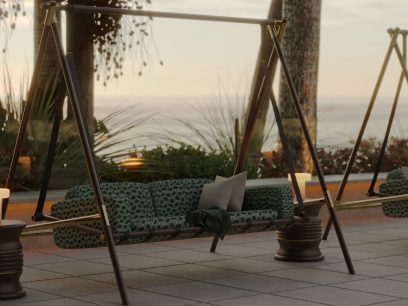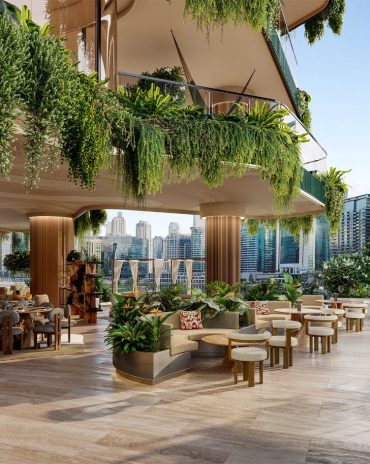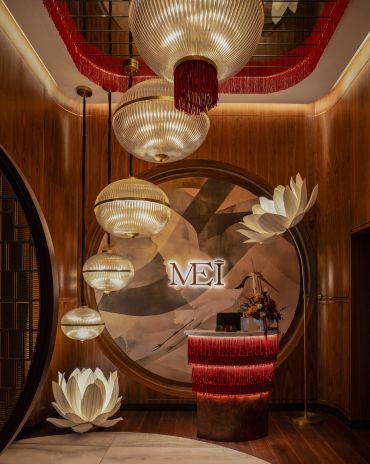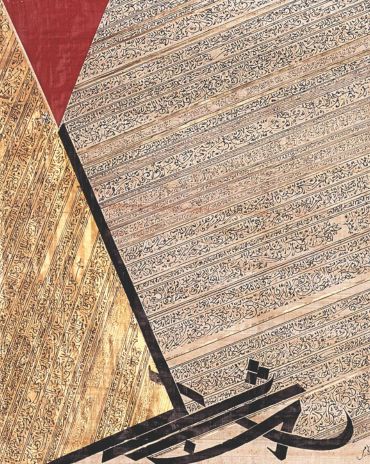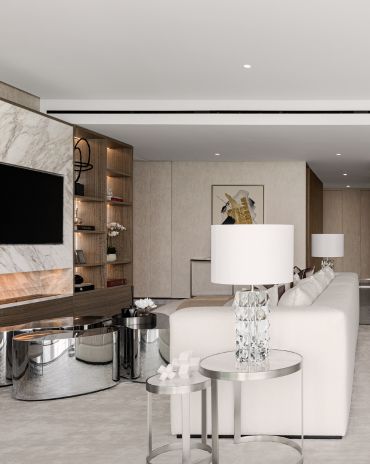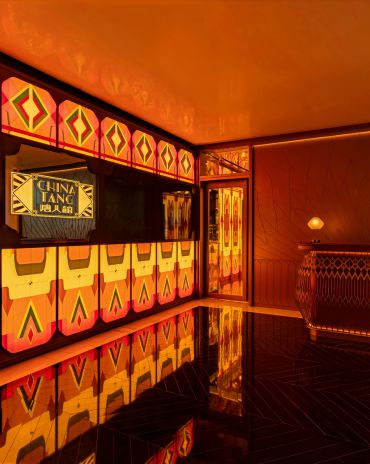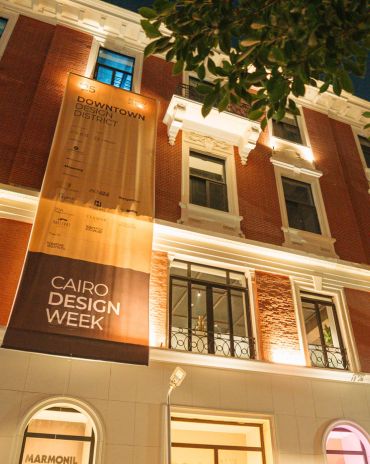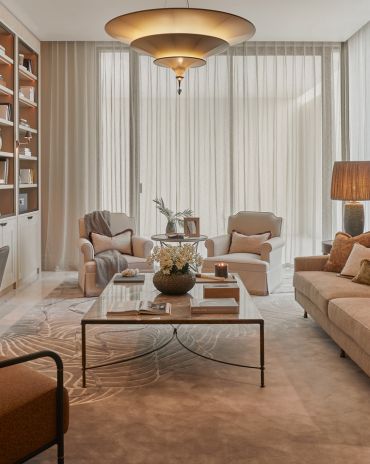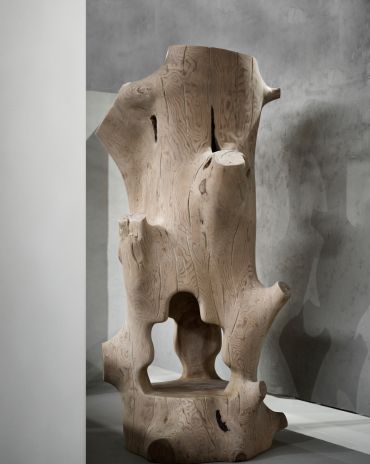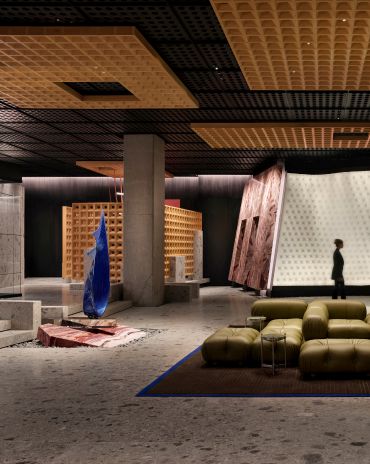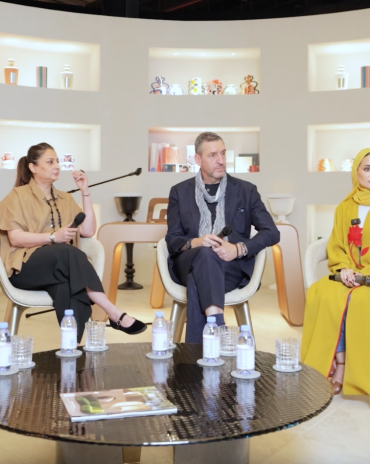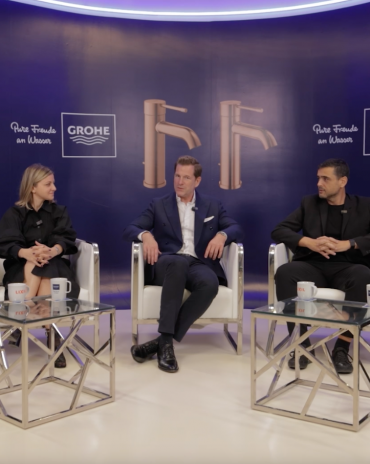Copyright © 2025 Motivate Media Group. All rights reserved.
The Art Gallery House by Mag Arquitectes is an artistic haven
The house was built for artist and sculptor, Juanma Noguera, in Badalona, Spain
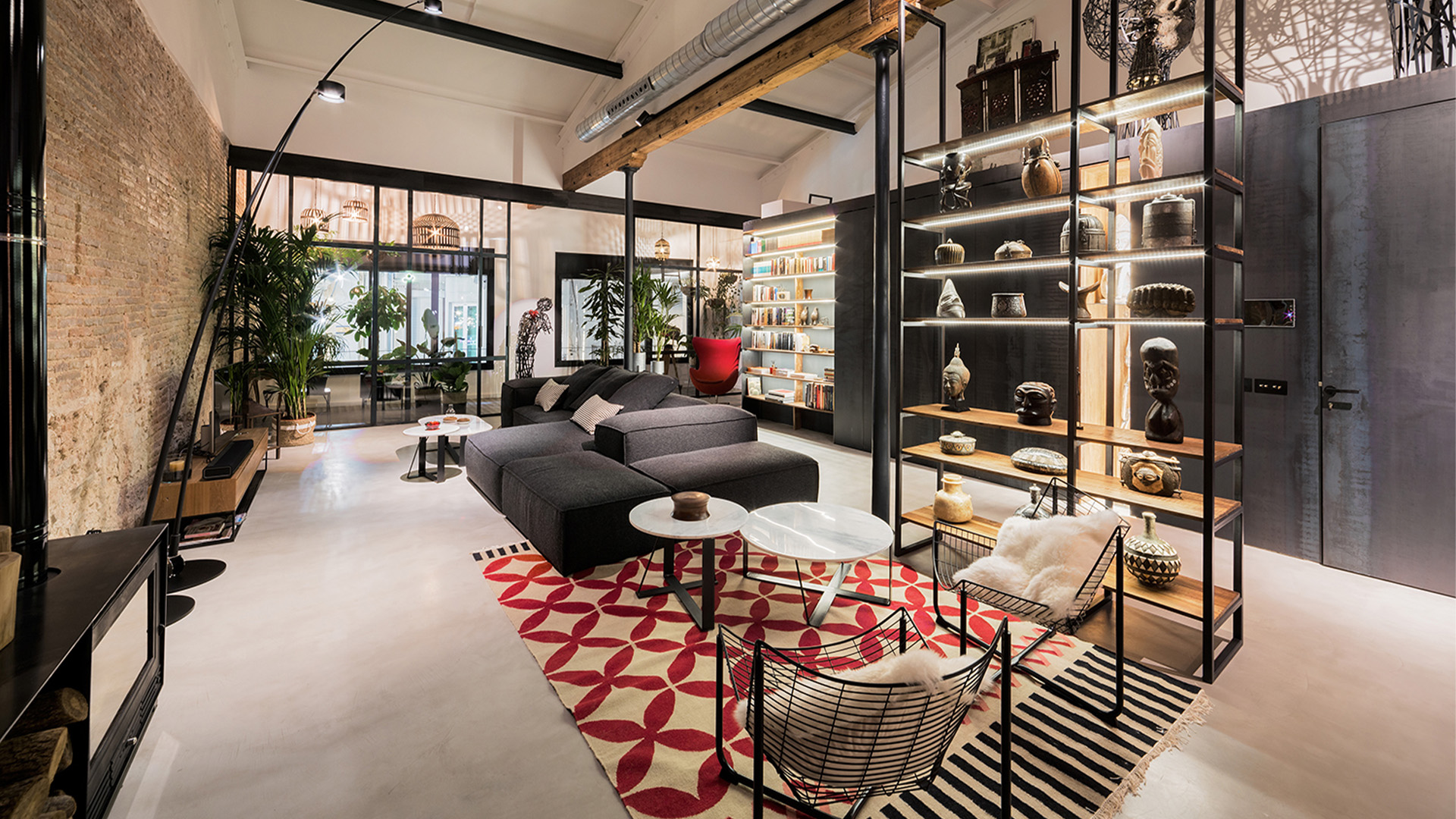
One of the challenges when it came to the layout of this project was to strategically integrate the sculptural works of the owner, artist and sculptor Juanma Noguera, into the project. In short, the emerging concept was an Art Gallery house.
In terms of general aesthetics, the idea was to provide the entire space with an industrial atmosphere, maintaining and recovering the building’s original materials. Solid brick walls were uncovered, vaulted iron-beam ceilings were respected, and areas with original hydraulic pavement were maintained. The materials used also follow the industrial premise, including concrete black iron sheet, herringbone floors of recovered wood, and teak wood furniture to break the cold of the greys. Maximal infusion of natural light was also one of the objectives of the project. Accordingly, several skylights were opened in the ceilings, and an inner courtyard was created at the back of the house.
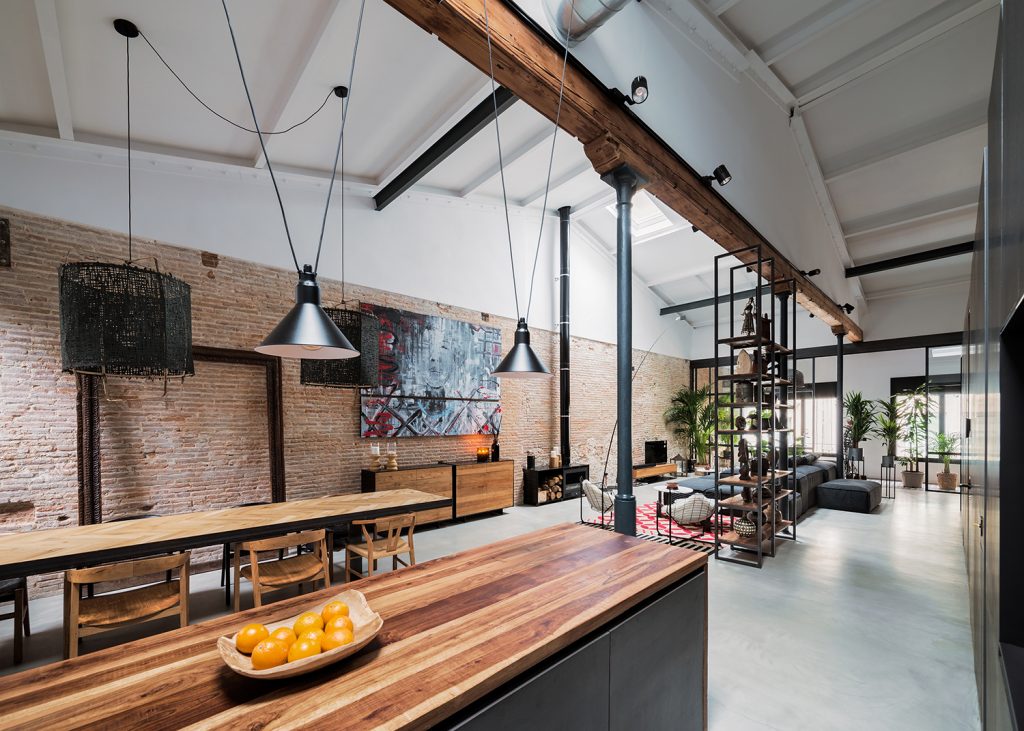
Vaulted iron-beam ceilings
Upon entering the house, a large living room-dining room of approximately 120 square metres emerges, with gable ceilings over six metres high at the central point. One of the challenges while designing this area was to create a cosy space, despite its amplitude and furniture pieces that were not left loose. The most notable piece is a custom-designed central structure that may be used as a dining table and, at the same time, acts as the fourth step of the staircase leading to the roof. The top of the table is made of a herringbone parquet, similar to the one installed in the bedroom area, thus providing visual continuity.
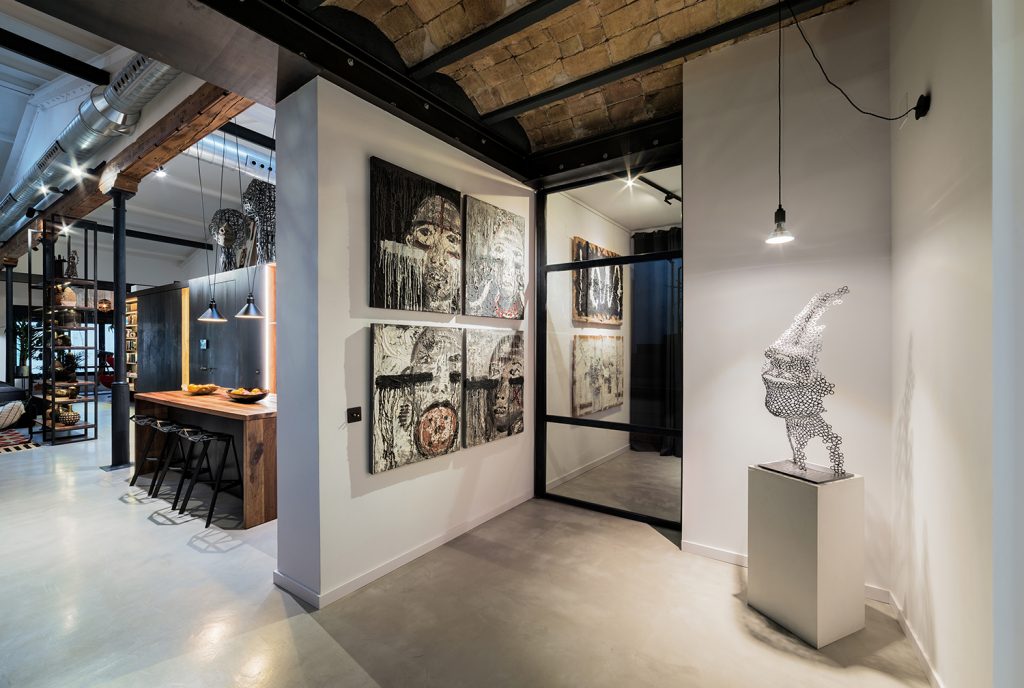
Open spaces to mimic an art gallery
The stairs are made of bent sheet iron, and iron sheet was also used to design the furniture that integrates the kitchen, a walk-in closet at the entrance and a bookcase. A pair of niches lined with teak wood and infused with light break the obvious ‘black continuity’.
At the back of the living room, in front of the windows, a closed gallery with three iron and glass doors was installed. The idea was to give this area a certain vintage feel. The original hydraulic pavement was preserved, and a set of lamps and hanging plants was installed, combining with the owner’s sculptures and antique furniture.
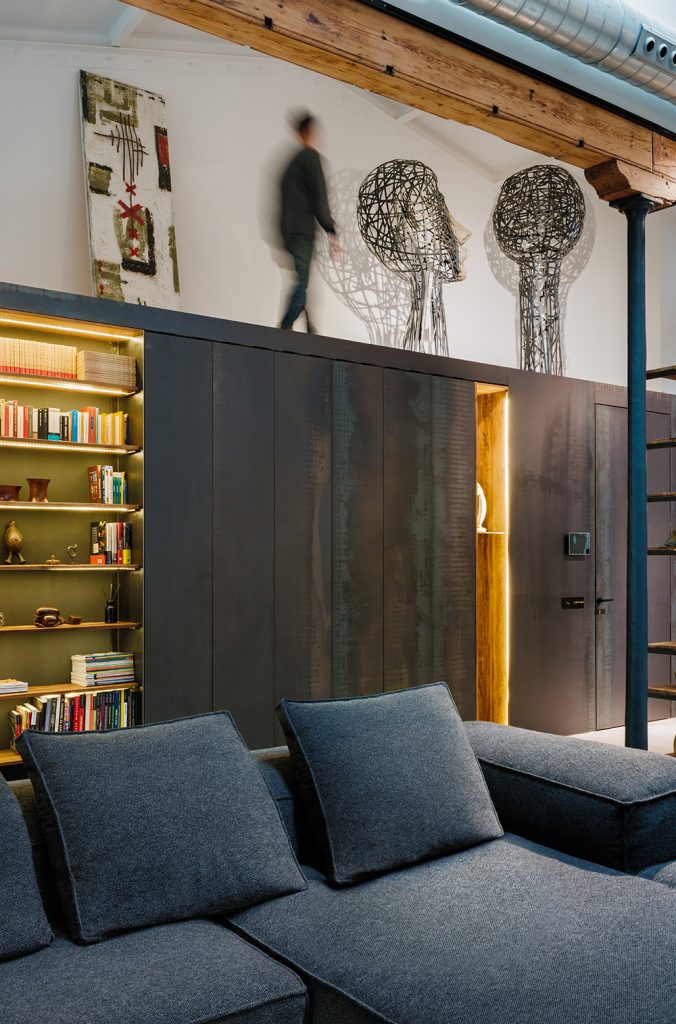
Owner’s sculptures and antique furniture
Beyond the living room, the owner’s workshop is discovered, preserved as the owner created it. There is also a washroom with a custom-made sink produced from fire-enamelled stainless steel, which faces the window. Its integrated drain is located inside of the wall, with a tap emerging from the ceiling, and a wall featuring same patter left by the wool after the cement was spread.
A large sliding glass door gives access to the suite. A dressing room, a bedroom and a bathroom area are located in the same space, with a shower and toilet overlooking the courtyard, closed with the same sliding glass. When one is open, the other remains closed. At the foot of the bed sits a freestanding bathtub, and the room is completed with the addition of custom-designed furniture.
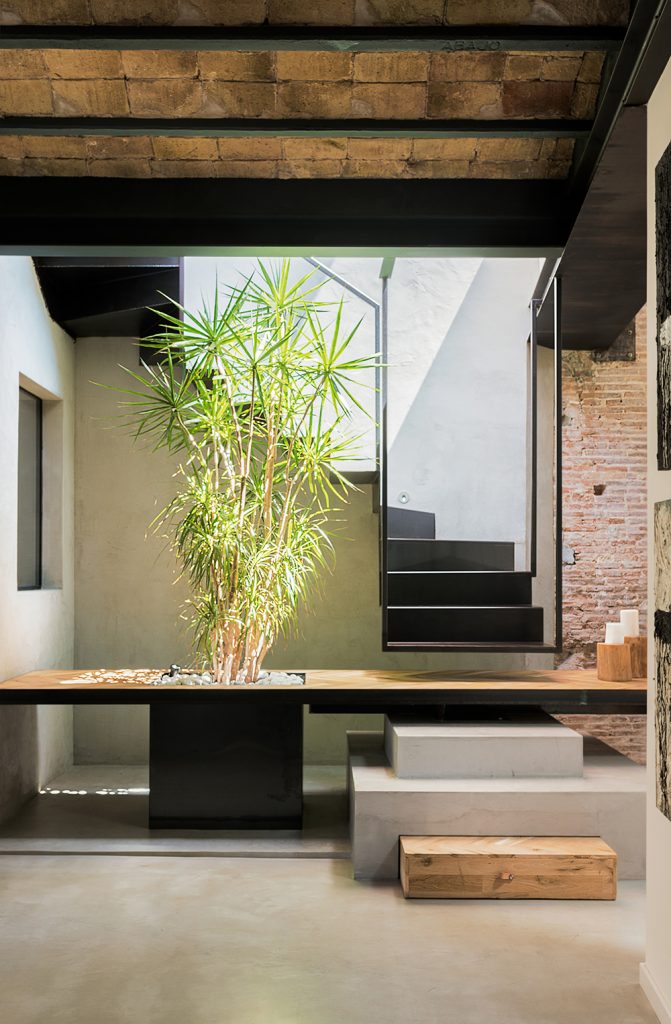
Stairs made of bent
sheet iron
The patio provides access to the children’s rooms, separated by a shared bathroom. The two rooms connect to a loft, and the sleeping area is located on top. Both rooms feature large dressing rooms, study areas and ‘chill’ areas with sofas. The bathroom can be accessed from both bedrooms.
The roof terrace was completely renovated, with synthetic outdoor decking installed along with an overflowing stainless-steel pool.
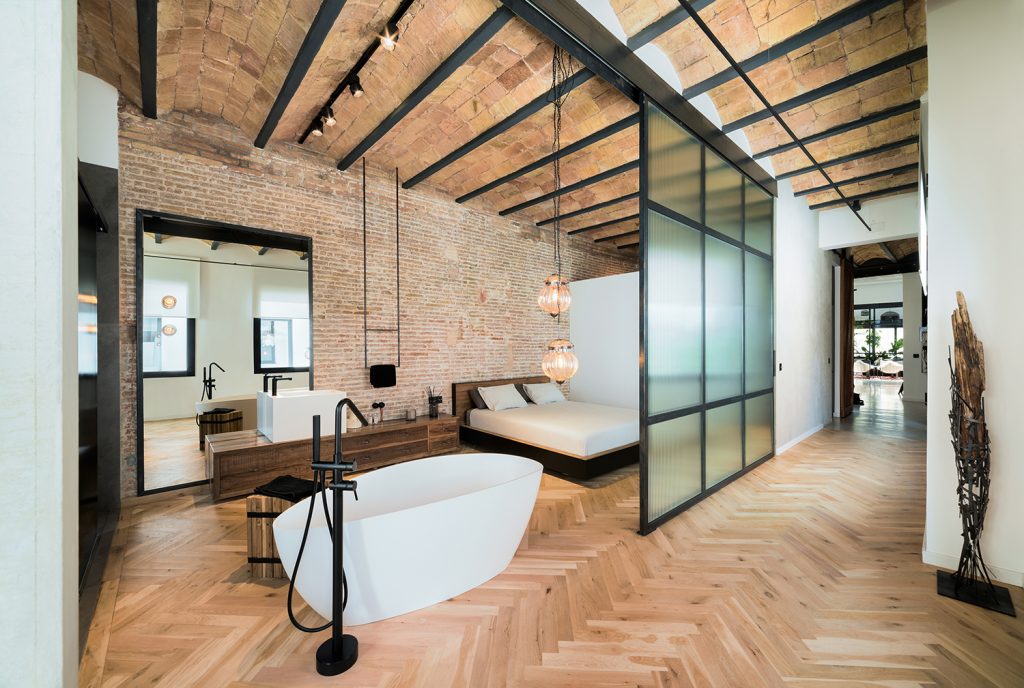
Sliding glass doors with a freestanding bathtub
Technical sheet
Architect: Mag Arquitectes
Location: Badalona
Photographer: Felipe Mena
Furniture: Dareels, Magis (stools), custom-designed furniture by Clara Lleal
Rug: Gan Rugs
Lighting: Davide Groppi (floor lamp), Ayluminate (lamps over dining table), DCW Lighting (lamps over the kitchen island)
The Latest
How Eywa’s design execution is both challenging and exceptional
Mihir Sanganee, Chief Strategy Officer and Co-Founder at Designsmith shares the journey behind shaping the interior fitout of this regenerative design project
Design Take: MEI by 4SPACE
Where heritage meets modern design.
The Choreographer of Letters
Taking place at the Bassam Freiha Art Foundation until 25 January 2026, this landmark exhibition features Nja Mahdaoui, one of the most influential figures in Arab modern art
A Home Away from Home
This home, designed by Blush International at the Atlantis The Royal Residences, perfectly balances practicality and beauty
Design Take: China Tang Dubai
Heritage aesthetics redefined through scale, texture, and vision.
Dubai Design Week: A Retrospective
The identity team were actively involved in Dubai Design Week and Downtown Design, capturing collaborations and taking part in key dialogues with the industry. Here’s an overview.
Highlights of Cairo Design Week 2025
Art, architecture, and culture shaped up this year's Cairo Design Week.
A Modern Haven
Sophie Paterson Interiors brings a refined, contemporary sensibility to a family home in Oman, blending soft luxury with subtle nods to local heritage
Past Reveals Future
Maison&Objet Paris returns from 15 to 19 January 2026 under the banner of excellence and savoir-faire
Sensory Design
Designed by Wangan Studio, this avant-garde space, dedicated to care, feels like a contemporary art gallery
Winner’s Panel with IF Hub
identity gathered for a conversation on 'The Art of Design - Curation and Storytelling'.
Building Spaces That Endure
identity hosted a panel in collaboration with GROHE.

